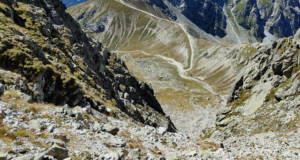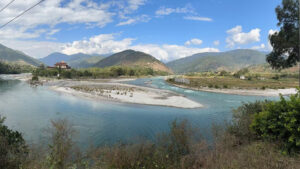PS 3.100: Climate Change: Tourism and Future of Mountaineering in Hindu-Kush-Himalayas
Details
Full Title
Changing Topography of High-Altitude Mountains: Tourism, Livelihood and Future of Mountaineering in the Hindu-Kush-Himalayas
Scheduled
—
Convener
Co-Conveners
Assigned to Synthesis Workshop
—
Categories
Tourism, Hazards, Low-to-no-snow, Others
Keywords
mountaineering, Hiindu Kush Himalayas, tourism, high-altitude mountains, climate change
Description
Warmer temperatures have led to rapid melting of glaciers, which have resulted in unprecedented hazards on the high-altitude mountains. Recent drilling in Khumbu Icefall has confirmed that Khumbu glacier is approaching the melting point. Climate change poses a grave threat to the livelihood of high-altitude dwellers, most of whom constitute the local mountaineering workforce in Nepal. Local mountain climbers have expressed serious concerns over fast melting of ice and glaciers that is making their job vulnerable to injuries and fatalities. Given the unpredictability of weather, mountain workers remain skeptical about the future of mountaineering fifty years thence. Since mountain tourism and mountain climbing are major economic sources for local communities, the local perceptions on climate change vary significantly across age groups and work experience, with everyone possessing a unique understanding of what contributes to climate change, and how it is likely affect their jobs and business, whether in mountaineering or tourism, in the future. This raises critical concerns about what mountaineering for the local workforce in the Hindu-Kush-Himalayan region on 8000m peaks entails, and how climate catastrophes will affect tourism activities in these regions. The session will inquire into the experiences of the local communities working as a part of the mountaineering workforce, sharing their stories on the shifting topography at higher altitudes. It shall also address what modern mountaineering and tourism entail amidst climate change in the region.


